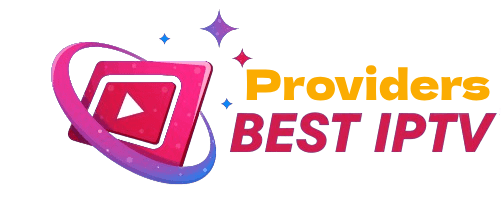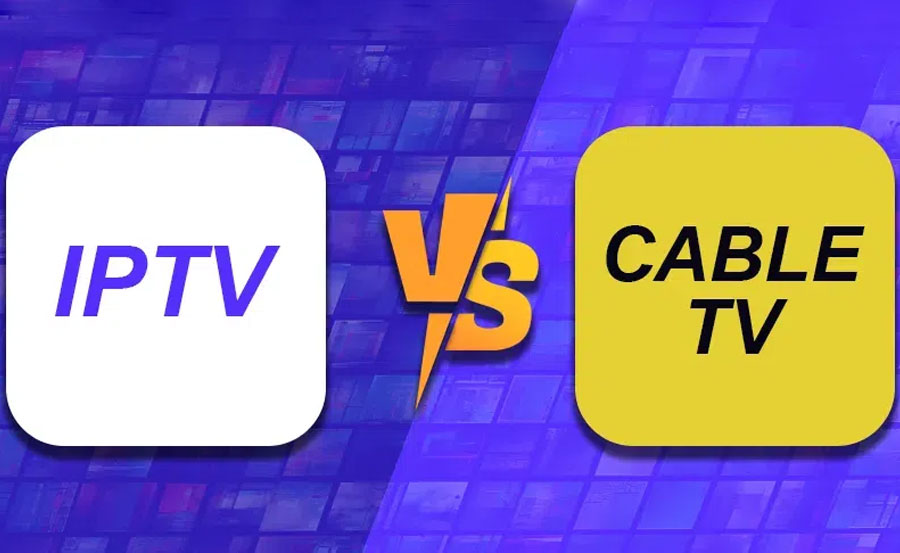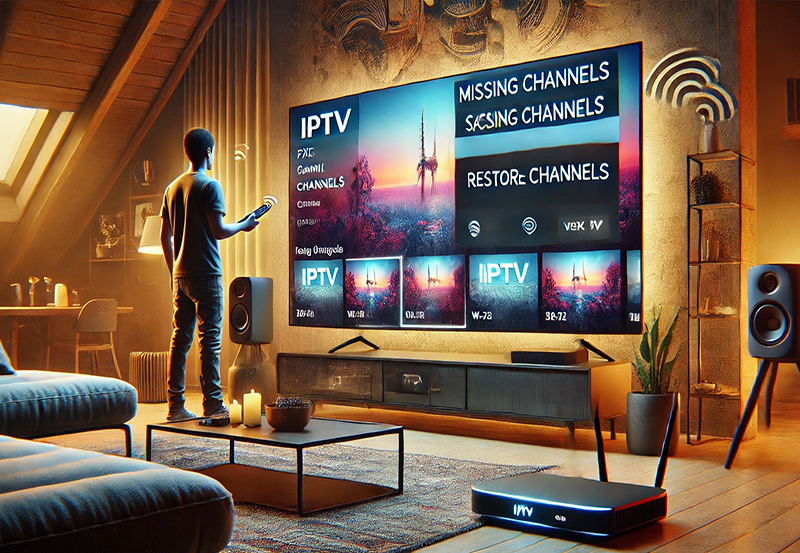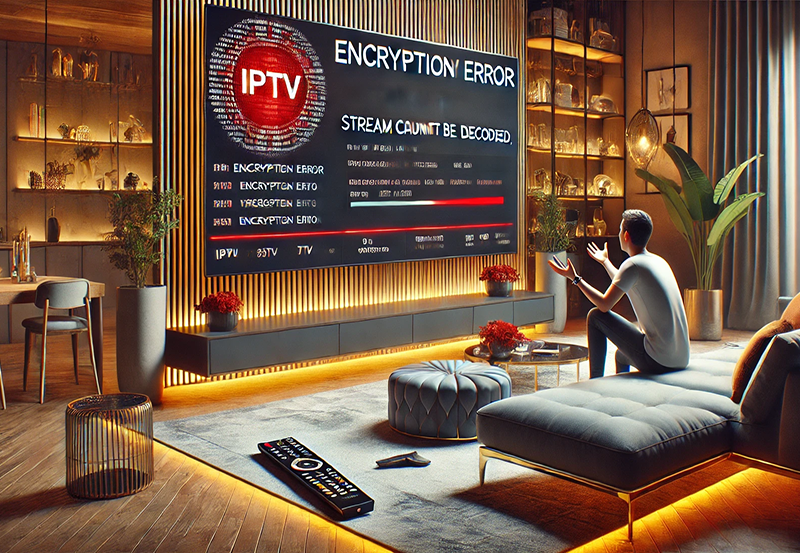Streaming Quality Comparison: IPTV vs. Traditional Cable Services
The way people watch TV has transformed with the rise of IPTV (Internet Protocol Television), challenging the dominance of traditional cable services. A key factor in this shift is streaming quality, which greatly impacts the overall viewing experience. This article compares IPTV and traditional cable services in terms of streaming quality, content delivery, and flexibility. want buy 1 year IPTV Subscription
What is IPTV?
IPTV delivers television content over the internet rather than through traditional cable or satellite infrastructure. It allows users to stream live TV, video-on-demand (VOD), and catch-up content on various devices.
Key Features of IPTV:
- Internet-based delivery: Content is streamed via an internet connection.
- Device flexibility: Works on smart TVs, smartphones, tablets, and streaming devices.
- On-demand access: Offers content libraries and time-shifted programming.
What is Traditional Cable TV?
Cable TV delivers television programming through a coaxial cable network directly to a set-top box or TV.
Key Features of Cable TV:
- Fixed schedules: Programming follows a predetermined timeline.
- Limited device compatibility: Typically restricted to TVs connected to a cable box.
- Broadcast quality: Consistent across most regions.
Key Factors in Streaming Quality
1. Video Resolution
- IPTV:
- Supports resolutions from SD to 4K and even 8K, depending on your internet connection and IPTV provider.
- Adaptive streaming technology adjusts quality based on bandwidth.
- Cable TV:
- Typically supports SD and HD (720p and 1080p).
- Limited 4K options and requires specific packages or devices.
Winner: IPTV for offering higher resolutions and flexibility.
2. Latency
- IPTV:
- Live TV streams can experience delays due to internet latency or buffering.
- Solutions like 5G and edge computing are reducing latency for IPTV.
- Cable TV:
- Minimal latency as the signal is transmitted directly through cables.
Winner: Cable TV for live event streaming with lower latency.
3. Consistency and Stability
- IPTV:
- Quality depends on the internet connection and provider server stability.
- Prone to buffering or interruptions during network congestion.
- Cable TV:
- Offers consistent quality as long as the cable infrastructure is intact.
- Less prone to interruptions from internet fluctuations.
Winner: Cable TV for stability in areas with poor internet connectivity.
4. Bandwidth Requirements
- IPTV:
- Requires a minimum of:
- 3-5 Mbps for SD.
- 10 Mbps for HD.
- 25 Mbps for 4K streaming.
- Competes for bandwidth with other devices on the network.
- Cable TV:
- Does not rely on internet bandwidth, so performance is unaffected by household internet usage.
Winner: Cable TV for not relying on internet bandwidth.
5. Content Availability
- IPTV:
- Offers a broader range of channels, international content, and VOD libraries.
- Supports time-shifted viewing, catch-up TV, and pause/replay features.
- Cable TV:
- Limited to regional channels and scheduled programming.
- Requires DVR for recording or time-shifting.
Winner: IPTV for greater flexibility and on-demand access.
6. Device Compatibility
- IPTV:
- Works on smart TVs, smartphones, tablets, PCs, and streaming devices like Firestick.
- One subscription can often support multiple devices.
- Cable TV:
- Limited to televisions connected to a set-top box or cable input.
Winner: IPTV for multi-device support.
7. Cost Efficiency
- IPTV:
- Generally more affordable than cable services.
- Offers flexible subscription plans (monthly, yearly).
- Cable TV:
- Expensive, with hidden fees for DVR, additional channels, and equipment rentals.
Winner: IPTV for cost-effective streaming.
Streaming Quality Comparison Summary
| Feature | IPTV | Cable TV |
|---|---|---|
| Video Resolution | SD, HD, 4K, 8K (adaptive streaming) | SD, HD, limited 4K |
| Latency | Slight delay for live streams | Minimal latency |
| Stability | Internet-dependent | Cable infrastructure |
| Bandwidth Requirement | High | None |
| Content Variety | Global channels, VOD, catch-up TV | Regional channels, fixed schedules |
| Device Compatibility | Multi-device support | Limited to TV with cable box |
| Cost | Affordable | Expensive |
Who Should Choose IPTV?
- Tech-savvy users who value flexibility, on-demand content, and multi-device compatibility.
- International viewers who want access to global programming.
- Cost-conscious users seeking affordable entertainment options.
Who Should Stick with Cable TV?
- Viewers in areas with poor internet connectivity where stable IPTV streaming is challenging.
- Sports enthusiasts who prioritize real-time streaming with minimal latency.
- Users preferring traditional TV setups without the need for additional devices or apps.
The Future of Streaming
As internet speeds improve with 5G and fiber-optic networks, IPTV is likely to dominate the future of television. Cable TV may continue to serve regions with limited internet access, but IPTV’s flexibility, cost-efficiency, and advanced features make it the preferred choice for most viewers.
Conclusion
While cable TV offers reliability and stability, IPTV surpasses it in terms of flexibility, video quality, and content variety. For users with fast and stable internet connections, IPTV provides a superior streaming experience. However, cable TV remains a dependable option in areas with poor connectivity or for viewers who prefer traditional broadcasting.
How to Deal with IPTV Compatibility Issues on Different Devices





